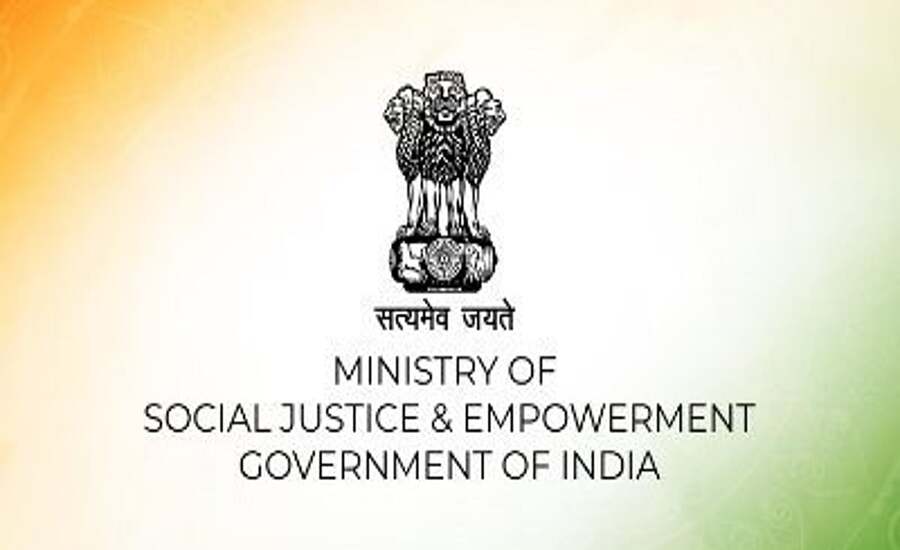The Department of Social Justice & Empowerment (DoSJE), Ministry of Social Justice & Empowerment, Government of India, has taken a strategic step to enhance employment access for communities historically under-represented in the labour market.
Major Highlights of the MOU to Boost Employment for Scheduled Castes & Backward Classes
On 30 October 2025, DoSJE signed a Memorandum of Understanding (MoU) with M4 Dynamically India Pvt Ltd — a private sector partner. According to the official release, this move is aimed at “enhancing employment opportunities for Scheduled Castes and Backward Classes communities”.
Read Also: Ministry of Social Justice & Empowerment Announces Schemes for the Elderly
By forging this partnership, the government intends to combine policy-driven social justice mandates with private sector agility to open up meaningful jobs for SC and BC youth — thereby furthering India’s inclusive growth agenda.
Under the agreement, the partners will work to develop employment opportunities specifically for SC and BC communities.
The Government expects the tie-up to include training, placement support, mentoring and special outreach to these groups. While exact numerical targets are not specified in the press release, the emphasis is on expanding scale, ensuring measurable impact and sustainable jobs.
Importance of Employment for Scheduled Castes & Backward Classes
Employing Scheduled Castes (SC) and Backward Classes (BC) remains a key priority in India’s social empowerment agenda.
Public-private collaborations like this MoU can accelerate access, training and hiring pipelines for these communities.
With a skill development and employment focus, such programs help translate policy commitments into real jobs and livelihoods.
Read Also: Government of India Issues Advisory on Fake News and Doctored Videos on Social Media
This initiative aligns with the broader goal of building a socially inclusive workforce and reducing structural disparities.
Wider Impact on Social Justice & Employment Ecosystem
This MoU signals a growing trend in Indian governance and leveraging partnerships between government and private sector to address social justice dimensions in employment.
When effectively executed:
- It can help reduce unemployment among historically marginalised groups;
- It can trigger a virtuous cycle of skill-building, earning capacity and social empowerment;
- It sets a precedent for other industries to join hands with the government on similar fronts;
- It strengthens national missions around inclusive growth, dignity of labour and human resource development.
Way Forward
- Implementation steps will include mapping job-opportunities within the partner company and related industries, as well as assessing skill gaps in SC/BC aspirants.
- Training modules and placement facilities will likely be established to support eligible youth from these communities.
- Progress will need monitoring through measurable indicators such as number of job-offers made, % of SC/BC hires, retention rates and up-skilling outcomes.
- Periodic reporting and accountability will determine real success — beyond signing the MoU, the impact on ground counts.





























